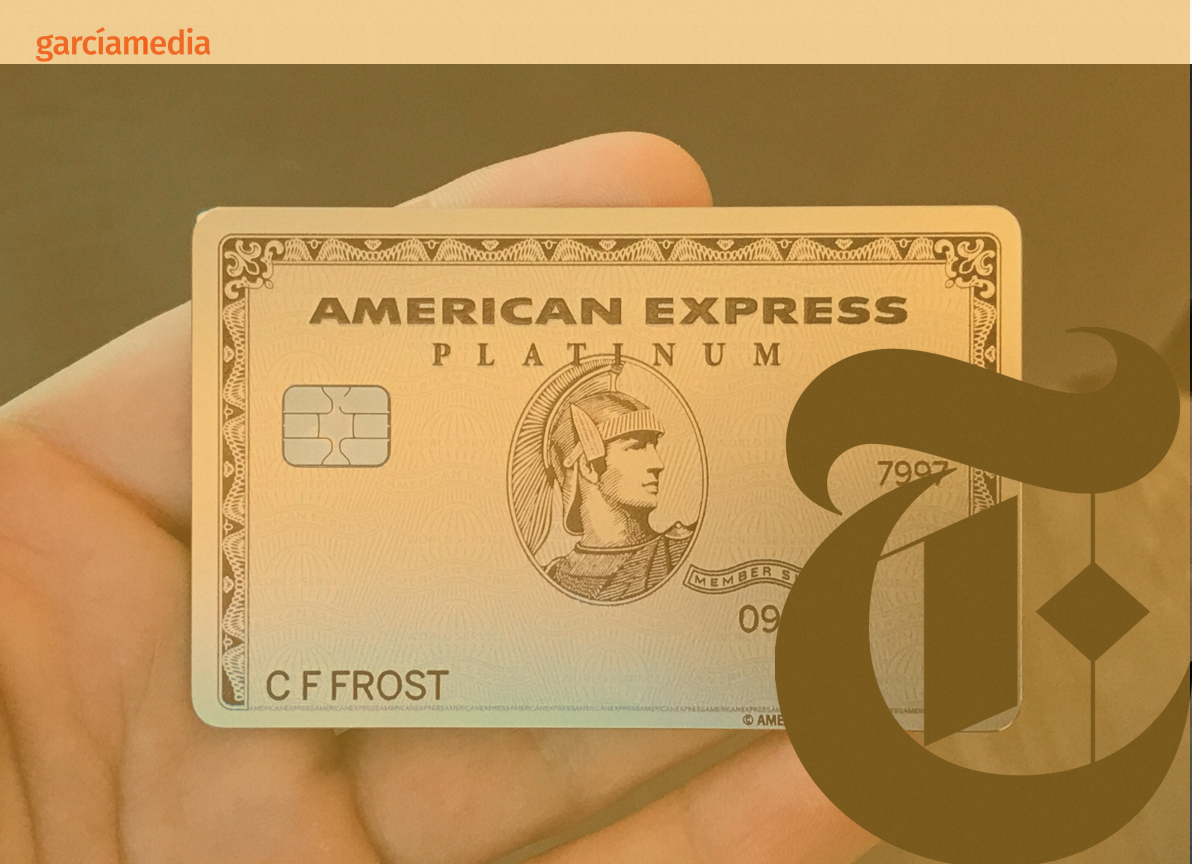
As one who keeps an eye on what is happening with sponsored content and its creation and design at major newspaper brands, I was curious to read that American Express has teamed up with The New York Times to promote its iconic Platinum card. This is also the first I hear about Fake Love, the experimental design agency that the Times acquired in 2016, as it continues to invest in its branded content and creative services capabilities.
I like what I read and applaud the Times in its efforts to innovate and to seek new monetizing strategies that are also well received by the Times’ audience. Specifically, the American Express project, called “Platinum Transported,” brings viewers on an immersive digital adventure tied to the human senses. As the Times press release describes it:
Designed to inspire global travel experiences, the series will transport viewers into the visionary perspectives of iconic American Express Platinum Card Members — adding a new dimension to how they experience the world.
Beginning with “Taste,” David Chang kicks off the series by exploring unusual combinations of flavors presented in an unexpected way: an abstract, visual discovery using 360º VR. Viewers are immersed in the creative process behind the uni with chickpea hozon dish at two Michelin starred Ko, inspiring them to discover new and unexpected flavors around the world.
As for Fake Love, its website describes it as follows:
Fake Love is an innovative experiential design agency, crafting
award-winning work that creates real emotional connections.
We concept, design, fabricate, animate, generate and invent anything you can imagine. And some things you can’t.Some call what we do experiential marketing or event marketing, others interactive design or new media art.
We call it Fake Love.
TheMarioBlog post #2673